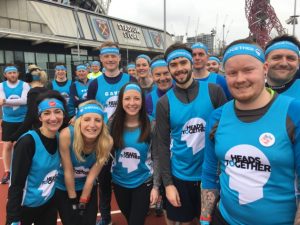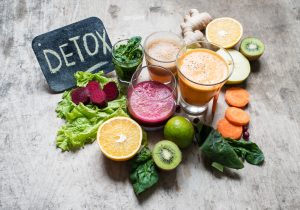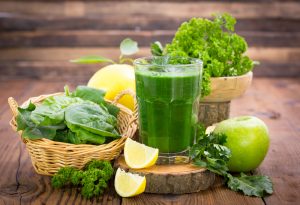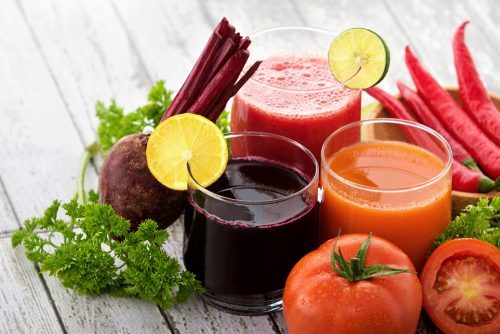Do you find speaking in public stressful?
Do you need to step up and speak in front of audiences to promote your business and showcase your expertise? Or perhaps you are seeking promotion of have been recently promoted and now need to talk confidently in front of an audience. Do you feel confident or do you feel stressed? Do you love it or hate it?
I was a painfully shy child and speaking on a one to one basis was often painful but speaking to a group was horrible, let alone speaking in public, even to a really small audience. Some of you might already know that I am ex Army. For those that don’t it might come as a bit of a surprise, being only 5 feet 2 ish!! I was tidying up the other day and came across some old photos of me in uniform and started to think about my military service.
Speaking in public is one of the biggest phobias
It was during my time in the military that I had to overcome my fear of speaking in public. Of course speaking in public can be one of the most painful stressors for so many people. In some countries even being ranked as the highest fear, even greater than the fear of dying, spider or snakes.
In the Army there was no room to be a shrinking violet, but I was naturally shy, but at some point I became ok at public speaking and got my fear under control. Seeing the photo made me think about that time and I started to get curious about when exactly it was that my reaction to speaking from the front of the room changed. Then it dawned on me that learning a skill in one area actually helped me in the other. That skill was tactical breathing. We were being taught this technique to help ensure that we could calm ourselves when we needed to.
Tactical breathing is taught to military personnel, police, and others in highly stress intensive roles and it really works. I was naturally applying the technique before speaking in front of a large group or before taking drill where I had to project my voice across the parade square. While I was not at the stage yet where I actually enjoyed being in front of an audience, that came much later, it got me to the point that I could actually do what I needed to do with a level of comfort. It calmed my mind and stopped the jangling nerves. Interestingly I had never made the connection until recently because I just naturally did it without thinking.
Tactical breathing
Tactical breathing requires you to consciously regulate the amount of airflow your body is receiving over a set interval. Most commonly is a count of 4 but experiment and see what works for you. You could find 3 is better or maybe 6. While it can be a difficult technique to master under extreme stress, the principle of the breathing is simple.
Breathing is as follows:
- Slowly and deeply inhale through the nose for 4 seconds.
- Hold the breath in for 4 seconds being sure to keep the rest of the body relaxed. (This can take practice as the tendency can be to hold tension and draw up the shoulders so the techniques needs regular practice)
- Slowly exhale through the mouth for 4 seconds.
- Hold the empty breath for 4 seconds.
- Repeat until your breathing is under control.
Repeat the entire process four times.
It can be applied to any stressful situation
 The really great thing about this technique is that it can be applied to any situation that you feel stressed, not just speaking in public. Your body has multiple responses but we are specifically concerned with what happens when you are stressed, the fight or flight response. Any situation in which you feel stress your body will automatically pump adrenalin and other hormones into your body to either give you an extra spurt of speed to run or numb any injury and clot the blood flow. Not really how you want to feel when you want to feel at your best and showcase your expertise.
The really great thing about this technique is that it can be applied to any situation that you feel stressed, not just speaking in public. Your body has multiple responses but we are specifically concerned with what happens when you are stressed, the fight or flight response. Any situation in which you feel stress your body will automatically pump adrenalin and other hormones into your body to either give you an extra spurt of speed to run or numb any injury and clot the blood flow. Not really how you want to feel when you want to feel at your best and showcase your expertise.
Now do the tactical breathing and you will find that you calm down and your head clears. Your pulse rate will slow. Your sweaty palms will dry and any shaking will cease. Now you are ready to move forwards. Of course the trick is to practice this when you are calm so that when you need it, it is second nature and you don’t have to think about it. With Tactical Breathing you will have the mental strength and inner calm to achieve peak performance.
If you would like to receive a free copy of my MP3 recording on tactical breathing and relaxation then please fill in the contact form with “Tactical Breathing” in the subject.









